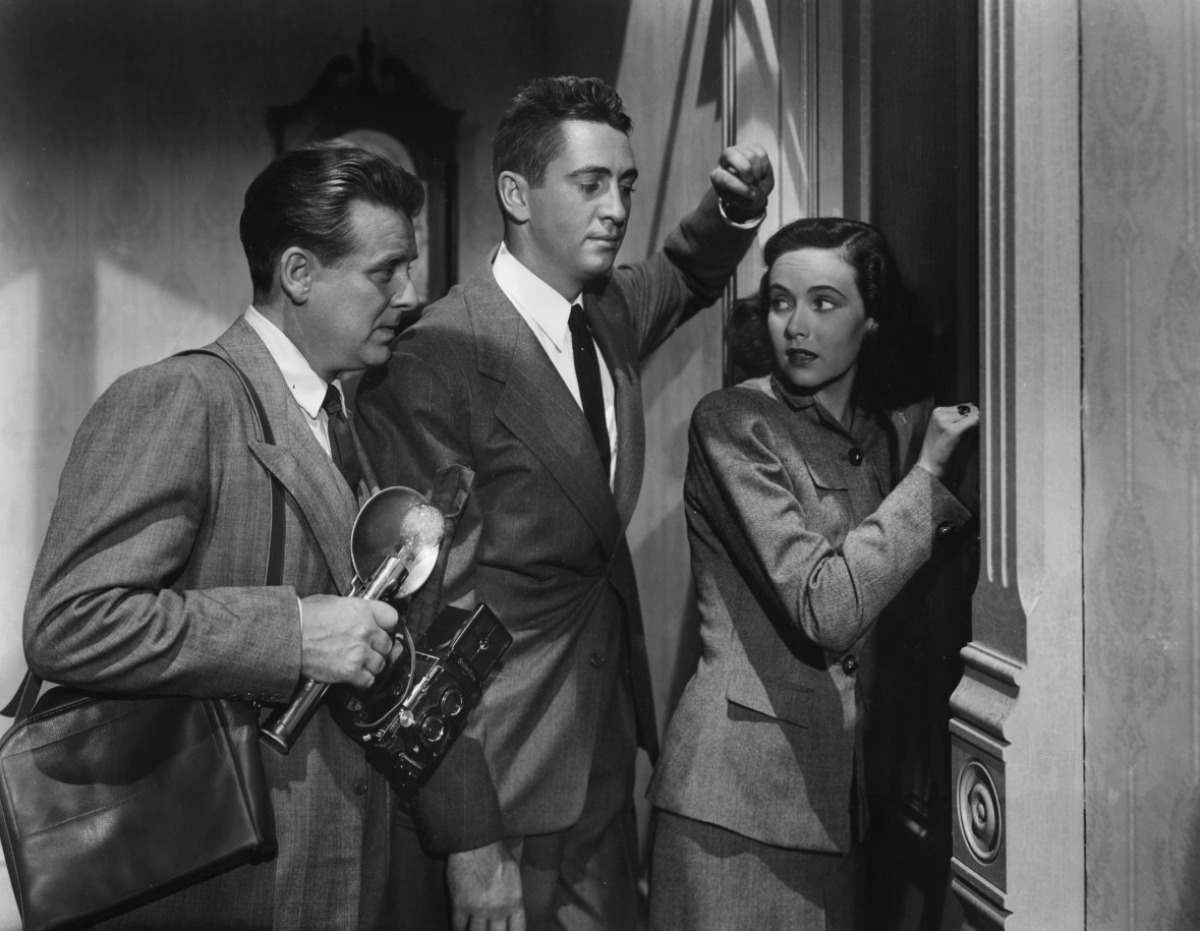


Their close relationship is symbolised by near telepathy between them, the niece instinctively reading his thoughts and yet emotionally the Uncle is the less devoted of the two, plotting her death in a detached way, and in some ways his death is seen as comeuppance for his lesser devotion. Images of whirling dancers reappear as the two Charlies get caught up in a dance towards an inevitable fate. The Merry Widow waltz is regularly repeated as a theme with sinister undercurrents since Uncle Charlie’s speciality is offing rich widows. The townsfolk around are oblivious and talk of him throughout as a wonderful man, only a detective who has infiltrated the family household posing as a censor suspects otherwise, and this allows him to form a bond with the young Charlie and in the end he is the only other person who gets to find out what really happened and while he wins the girl, it’s clear that her heart will always truly belong to her Uncle. Certainly he is hero worshipped by his niece, and yet she alone learns his true nature and ultimately (accidentally) causes his death. It’s unusual in having a central villain who is almost the hero. Hitchcock often said this was his favourite film – and certainly the one he found easiest to defend from his critics, in that it had the most plausible senario.

He might look alright and have a voice that charms, but he is the devil in disguise. In the first scene a train enters the station, filling it with black smoke – and from the first it is clear that all is not right with Uncle Charlie.


 0 kommentar(er)
0 kommentar(er)
